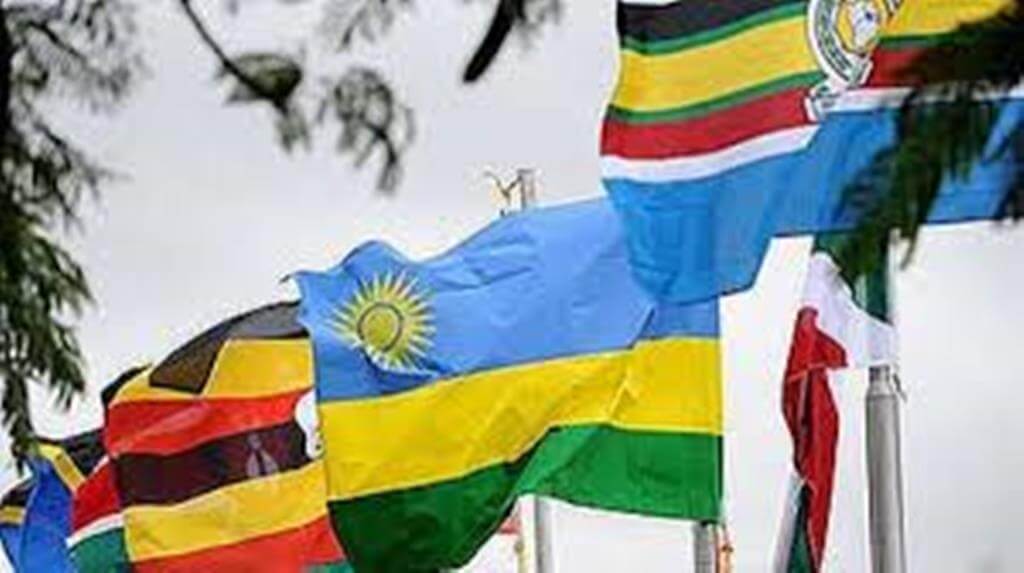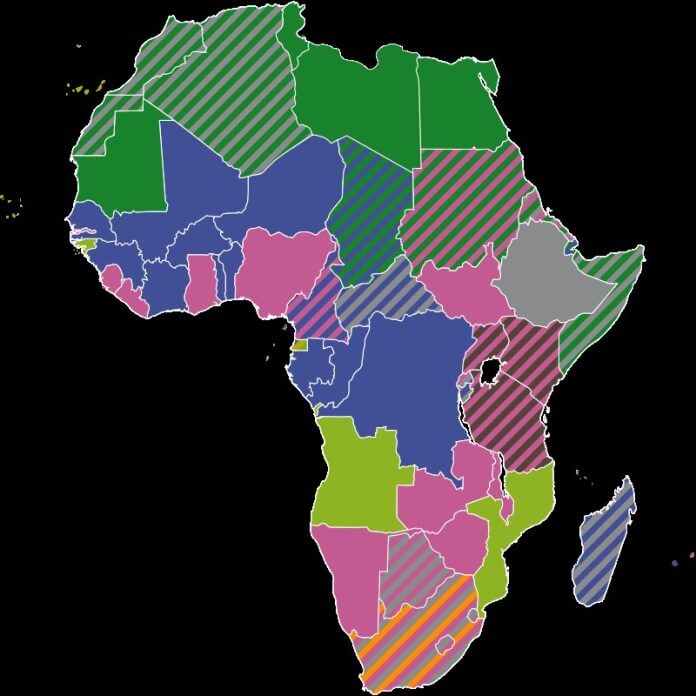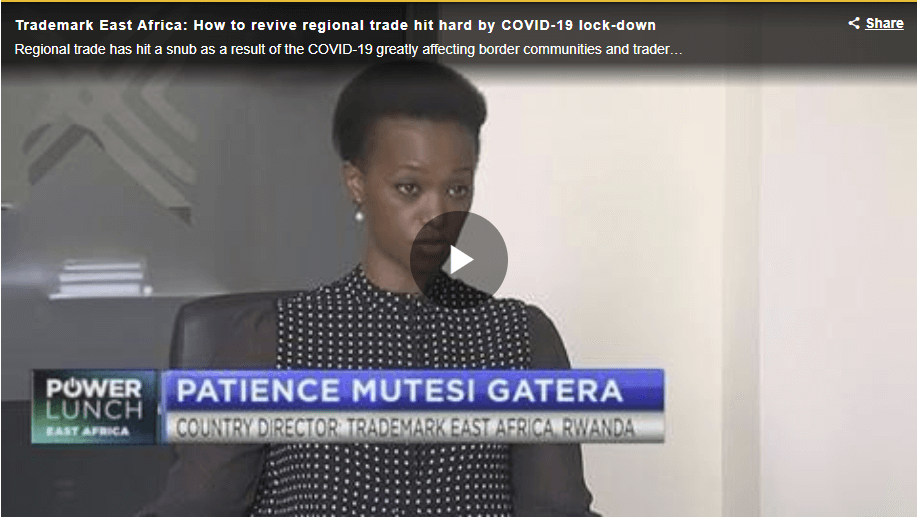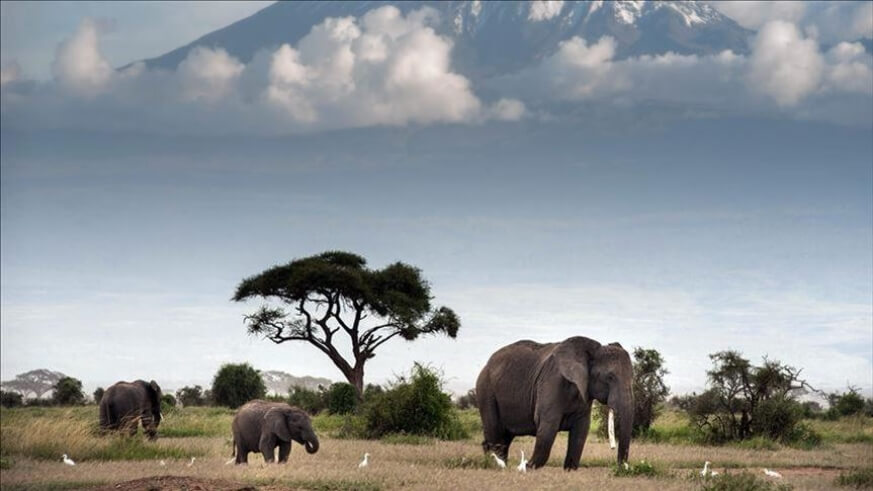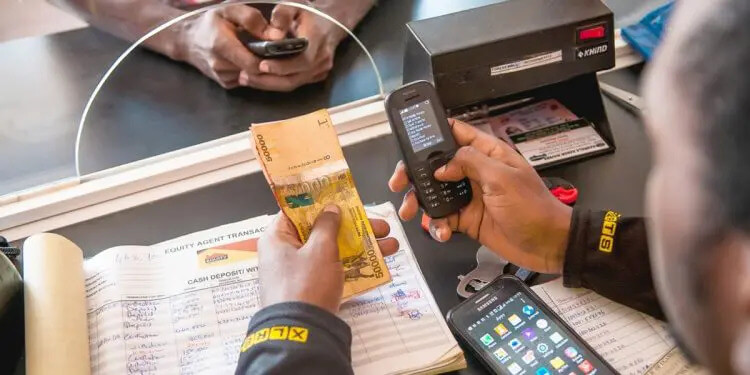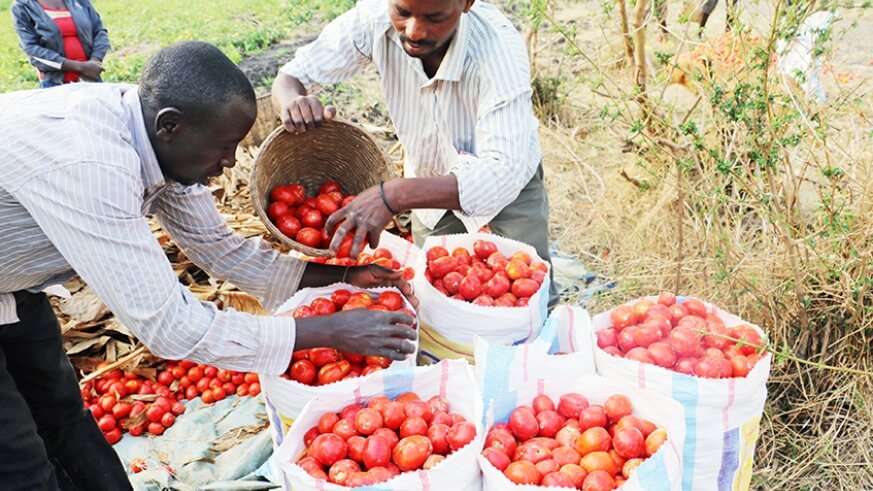TRADERS from Tanzania, Uganda, Rwanda and Burundi will benefit from training on trade facilitation that seeks to boost knowledge, skills on the World Trade Organization (WTO)'s Trade Facilitation Agreement (TFA). Tanzania was picked to be the first country in the bloc to benefit from the training that is undertaken by the International Trade Centre (ITC) in partnership with the East African Business Council (EABC) and the Tanzania Private Sector Foundation (TPSF). The workshops that kicked off at Kilimanjaro, Tanzania have been organized as part of the European Union-East African Community Market Access Programme (MARKUP). The East African local business-support associations and traders are being equipped with a comprehensive knowledge of the TFA with a view to identifying obstacles on cross-border and advocate for their removal. The initiative comes in a wake of trade and movement of people's restrictions in some East African Community (EAC) member-states due to Covid-19 pandemic. It saw some countries, excluding Tanzania, undergoing strict lockdowns, closure of businesses that led to paralysis of intra-EAC trade. This initiative has been developed in response to persistent delays and red tape hampering the movement of goods across borders in East Africa. Among the members of the community, inefficient trade procedures and non-tariff barriers represent obstacles to expanding intra-regional trade and deepened regional integration. Trade facilitation - the simplification, modernization and harmonization of export and import processes - has thus become a key issue for the global trade system and regional economic communities, such as the EAC, to create new opportunities...
East Africa: EAC Traders Benefit From Training On Trade Facilitation
Posted on: November 12, 2020
Posted on: November 12, 2020

